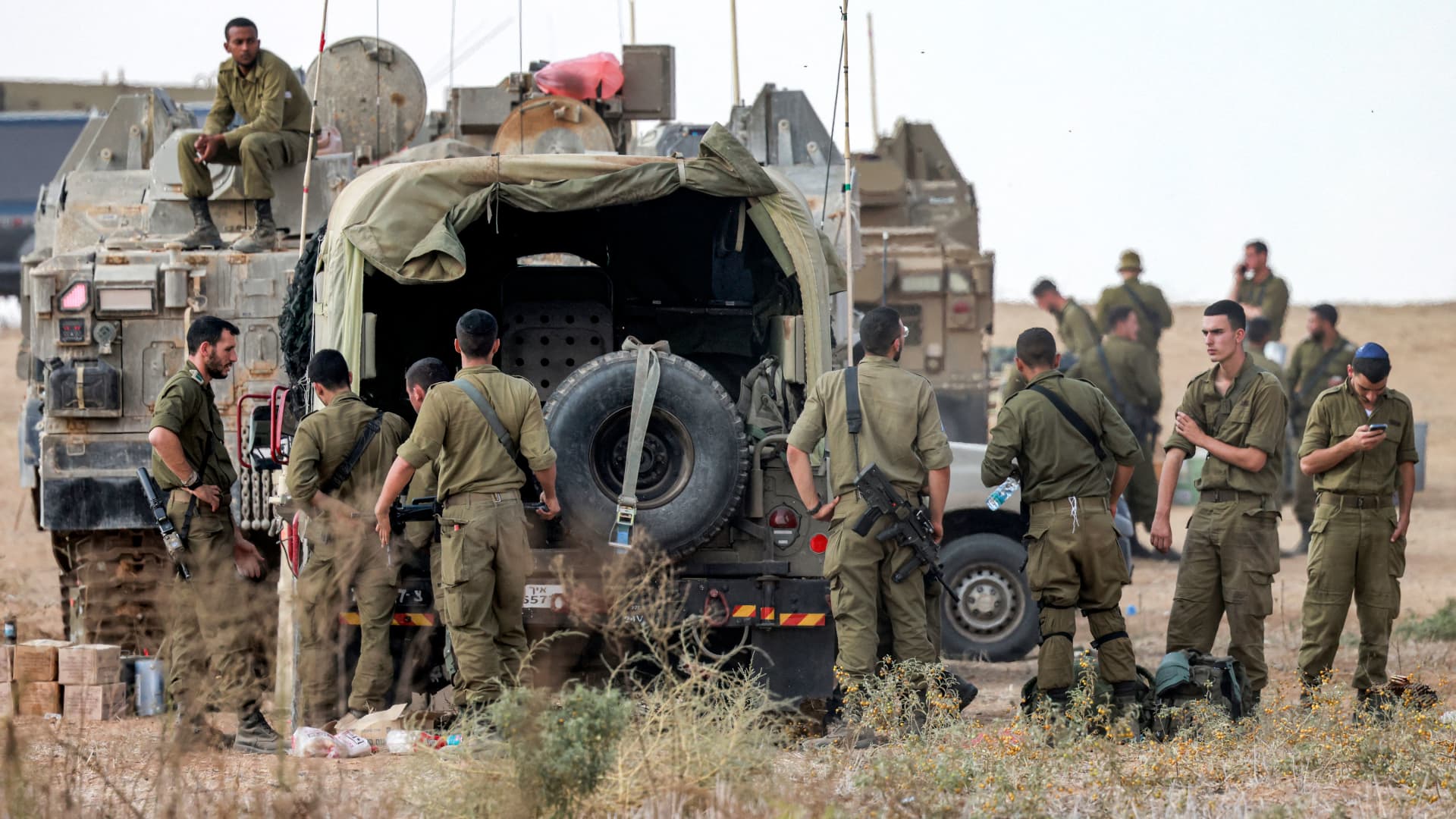Turkey: Can Give Only Limited Help to Iraq War
"We do not want an operation to start. Turkey is completely focused on peace efforts," presidential spokesman Tacan Ildem told reporters in Ankara.
"It would be realistic to expect that the contribution Turkey could consider giving to a possible operation, if it meets international law, would be limited because of its historic ties to a neighbor and Turkey’s status in the region."
But Ildem closed no doors to the United States.
"It’s known we have responded positively to all U.S. requests that have not placed a heavy burden on Turkey," he added, without spelling out what Ankara might offer.
The United States may seek clarification when its top general Richard Myers visits Turkey this weekend. But it seems unlikely Ankara would be prepared to refuse permission for the Americans to open some form of "northern front" against Iraq to back a main invasion that might come from the south.
In refusing to co-operate with its closest ally, Turkey might forego the role it desperately seeks in shaping a new order in northern Iraq where it fears creation of a hostile independent Kurdish state. Such a state, Ankara reasons, could reignite Kurdish separatism on its own soil.
A WIDE COALITION
Turkey will also need United States’ help in stabilizing its economy that will be hit by the war, whether Ankara backs the Americans or not.
The United States, for its part, might be as eager as Turkey to keep Turkish troops out of actual fighting in an area where they are already viewed with some suspicion, partly because of the history of Ottoman Turkish rule there.
The spokesman said the government would struggle to win parliamentary backing for armed action without a second United Nations resolution backing war if Iraq failed to allay fears it possesses nuclear, chemical or biological weapons.
Weapons inspectors are due to present a report to the U.N. on January 27. Many here fear war may follow soon after.
U.S. Ambassador Robert Pearson, in comments to journalists, remained sanguine.
"There is no crisis in Turkish-American relations and we are confident we will be able to find acceptable solutions to all of these issues," he said.
The Justice and Development Party (AKP) government has a strong majority in the assembly, but many of its own deputies are opposed to any war across its borders.
The powerful military, which would have a strong say in decision-making, views the government with suspicion because of its roots in political Islam. The United States, however, has courted the AKP attentively — something that must raise concern in the military command.
The fraught chemistry between AKP and the army may complicate discussions behind the scenes, but ultimately both the General Staff and the ruling party would risk more by turning their back on the United States than by backing it. Politicians, however, must be seen to be doing their best to avoid an unpopular war.
Turkey is seeking U.S. guarantees of financial support to offset economic damage from any war while trying to head off conflict through talks with regional countries such as Egypt, Saudi Arabia and Iran. Turkey says it seeks to avoid any suggestion that it might act as a "regional bully."


